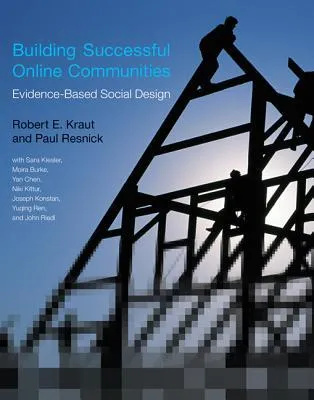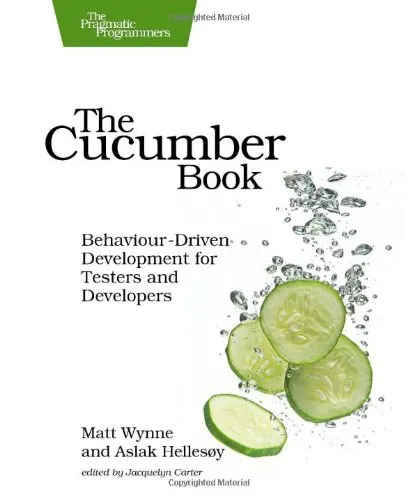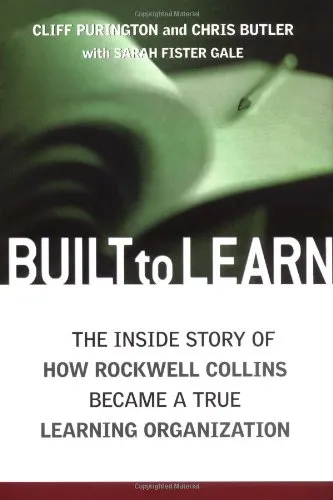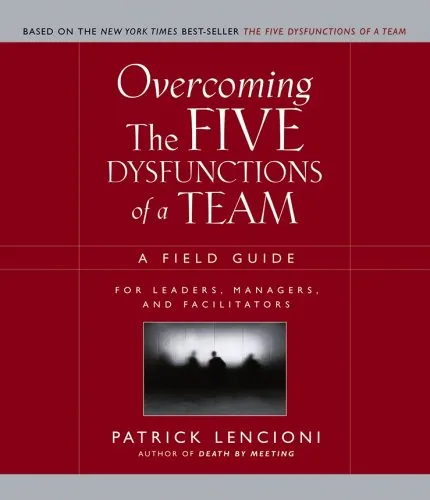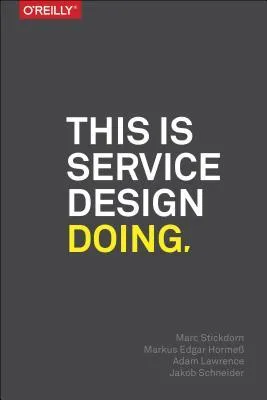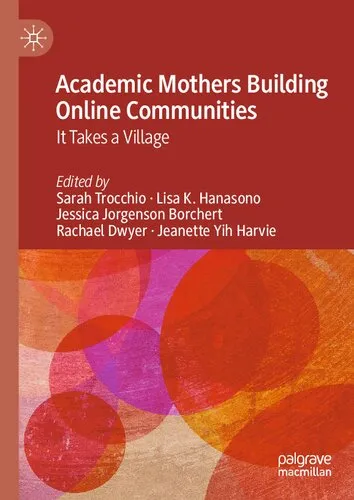Building Successful Online Communities: Evidence-Based Social Design
4.3
Reviews from our users

You Can Ask your questions from this book's AI after Login
Each download or ask from book AI costs 2 points. To earn more free points, please visit the Points Guide Page and complete some valuable actions.Related Refrences:
Introduction to "Building Successful Online Communities: Evidence-Based Social Design"
"Building Successful Online Communities: Evidence-Based Social Design" is an essential guide for anyone interested in creating, maintaining, and improving online communities. Authored by a team of leading researchers and practitioners in the field—including Robert E. Kraut, Paul Resnick, Sara Kiesler, and others—this book offers a comprehensive overview of the principles and strategies behind fostering meaningful online interaction. Combining insights from social science, technology design, and real-world case studies, it distills years of academic research and practical experience into actionable advice. Whether you're a tech entrepreneur, community manager, researcher, or hobbyist, this book provides the evidence-based guidance you need to build vibrant, resilient, and successful online communities.
A Detailed Summary of the Book
At its core, "Building Successful Online Communities" captures the intersection of technology, human behavior, and social dynamics. The book opens by exploring the fundamental question: Why do some online communities thrive while others fail? To answer this, the authors delve into the psychological and social forces that drive human interaction. Each chapter introduces core principles, drawing from both theory and empirical evidence to explain how people behave in online spaces and how technology can promote desirable behaviors.
The book provides a structured framework for designing online platforms that encourage participation, collaboration, and healthy community norms. Topics include understanding motivation, setting clear goals for communities, managing newcomers, encouraging social norms, fostering trust, and handling conflict. For example, it covers how newcomers can transition into engaged contributors, how to balance contributor recognition with fairness, and how mechanisms like voting or ranking systems shape collective decision-making. The book also highlights the unintended consequences that design decisions can have, such as discouraging participation or perpetuating bias.
The authors support their advice with real-world case studies, including examples from successful platforms like Wikipedia, Reddit, and eBay, as well as smaller niche communities. These case studies underscore the practical applications of evidence-based design. By combining academic rigor with practical insights, "Building Successful Online Communities" provides a roadmap for cultivating inclusive, engaging, and sustainable online spaces.
Key Takeaways
- Effective online communities rely on both human psychology and technology design to foster participation and collaboration.
- Newcomers need guidance and encouragement to transition into active and valued contributors.
- Social norms play a critical role in maintaining community health and must be actively cultivated through design choices.
- Transparent systems for recognizing contributions can boost motivation but must be balanced to avoid perceptions of unfairness.
- Conflict is inevitable in any community, but clear policies, moderation tools, and thoughtful design can mitigate its worst effects.
- Design decisions often lead to unintended consequences, necessitating iterative testing and adjustments to refine community outcomes.
Famous Quotes from the Book
"Designers of online communities often focus solely on usability and functionality, but the true challenge lies in fostering the psychological and social factors that lead to engagement and growth."
"An online community succeeds not just because of the technology that powers it, but because of the people who sustain it—and the norms, roles, and rituals that guide their interactions."
"Small design choices can have large impacts. Thoughtful decisions about incentives, feedback mechanisms, and social signals help shape participant behavior and community culture."
Why This Book Matters
As online communities continue to play a growing role in commerce, entertainment, education, and civic engagement, understanding how to design and maintain successful social spaces is more important than ever. "Building Successful Online Communities" stands out because it bridges the gap between theory and practice. Written by experts who combine domain-specific expertise with keen insights into human behavior, this book transcends surface-level advice to offer a deeply analytical approach.
The lessons in this book will resonate with a diverse group of readers. If you are a designer or developer, it will give you the tools to create intuitive platforms that encourage positive engagement. If you are a community manager, it will help you implement strategies to manage growth and conflict. If you are an academic or researcher, it adds rigor and perspective to your understanding of social design. In an era of rapid digital transformation, this book serves as an indispensable resource, laying the groundwork for the next generation of vibrant and impactful online communities.
Free Direct Download
You Can Download this book after Login
Accessing books through legal platforms and public libraries not only supports the rights of authors and publishers but also contributes to the sustainability of reading culture. Before downloading, please take a moment to consider these options.
Find this book on other platforms:
WorldCat helps you find books in libraries worldwide.
See ratings, reviews, and discussions on Goodreads.
Find and buy rare or used books on AbeBooks.
1401
بازدید4.3
امتیاز0
نظر98%
رضایتReviews:
4.3
Based on 0 users review
Questions & Answers
Ask questions about this book or help others by answering
No questions yet. Be the first to ask!
